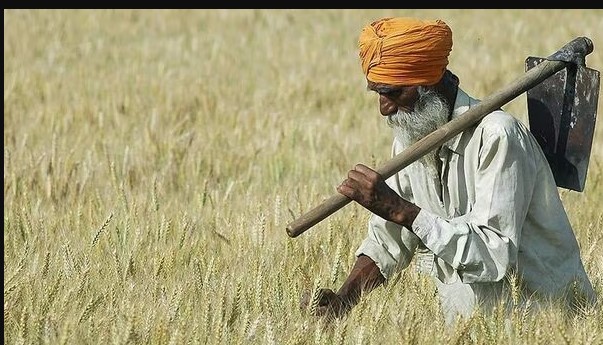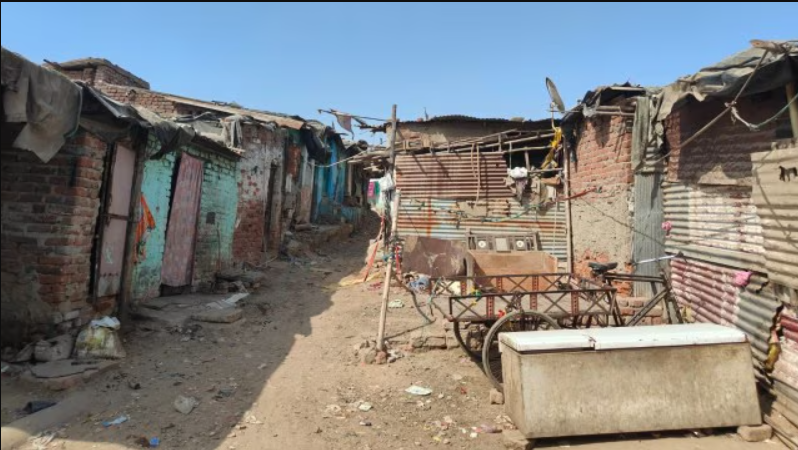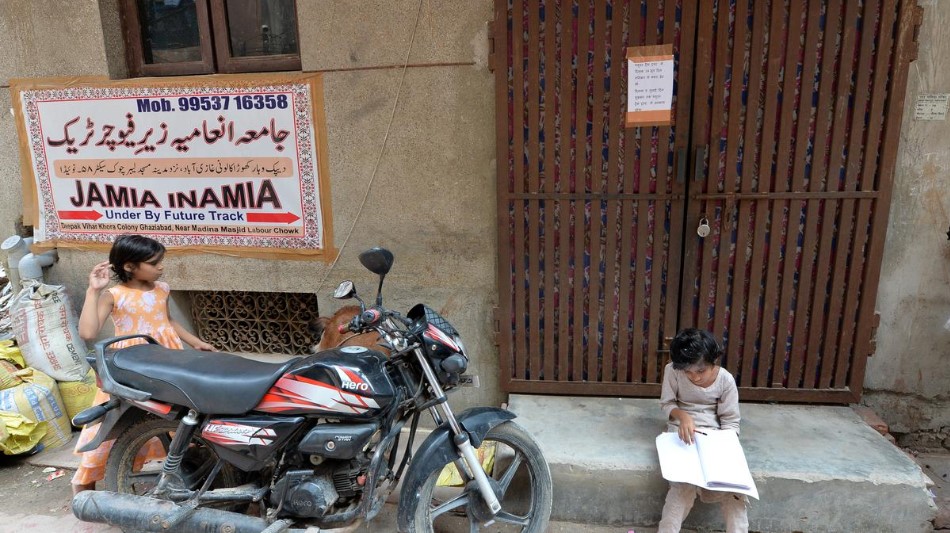
With Lok Sabha and state assembly elections approaching, the union cabinet on Wednesday approved a 2-7% hike in the minimum support price (MSP) for six crops to ensure that growers receive a fair price for their produce.
Mint reported on 17 September that the government could raise the MSP of six rabi or winter crops for the 2024-25 marketing season as it geared up for a series of high-stakes elections. Wheat and masoor dal may see the biggest hikes during the season.
MSP serves as a crucial safety net for farmers by guaranteeing them a minimum income, regardless of market prices. It also helps ensure food security by encouraging farmers to cultivate certain crops, helping stabilise prices of staples such as wheat, rice and pulses.
Wheat and masoor saw the biggest increase (7%), followed by barley (6.6%), mustard & rapeseed (3.6%), safflower (2.6%) and chana (2%).
The cabinet committee increased the MSP for wheat and masoor to ?2,275 a quintal from ?2,125 last season and to ?6,425 a quintal from ?6,000 last season, respectively.
Barley's MSP has been hiked to ?1,850 from ?1,735 a quintal last season while chana's MSP has been raised to ?5,440 from ?5,335. In the case of oilseed crops, the government hiked the MSP for rapeseed & mustard oilseed and safflower oilseed to ?5,650 a quintal from ?5,450 and ?5,800 a quintal from ?5,650 in the 2023-24 marketing season (October-March).
The rabi season contributes almost half of India’s total foodgrain output. The cabinet committee approves the MSP for kharif crops in June and rabi crops in October, based on the recommendations of the Commission for Agricultural Costs and Prices (CACP).
It sets the MSPs at least 1.5 times the all-India weighted average cost of production, as outlined in Union Budget 2018-19, to ensure adequate compensation for farmers.










